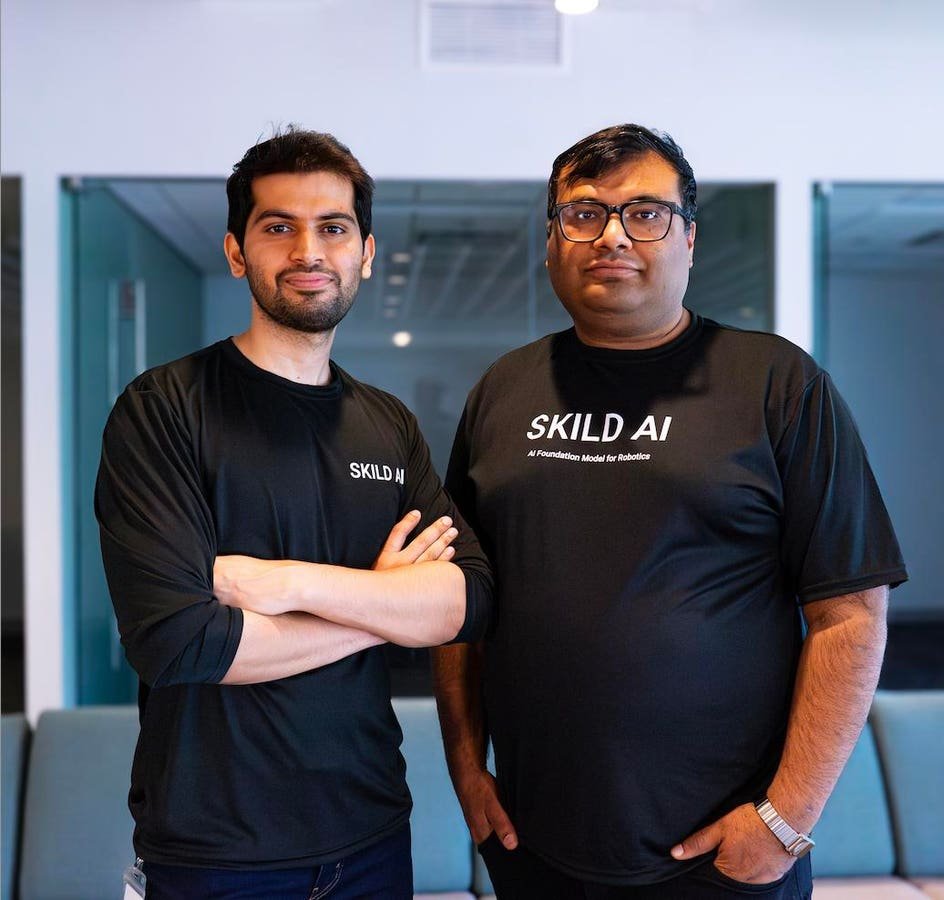Skild AI, a Pittsburgh-based robotics startup founded by former Carnegie Mellon University professors Abhinav Gupta and Deepak Pathak, has developed a “general purpose brain” that can be integrated into various robots to enable them to perform tasks such as climbing steep slopes, walking over obstacles, and identifying and picking up items. The company recently announced a successful Series A funding round, raising $300 million at a $1.5 billion valuation with participation from major investors like Lightspeed Ventures, Softbank, and Jeff Bezos.
The AI models created by Skild AI have impressed investors with their ability to enable robots to perform tasks in new and challenging environments. These models have also demonstrated “emergent capabilities,” allowing robots to learn new abilities that were not explicitly taught to them. By training their model on a massive database of text, images, and video that is 1000 times larger than those used by their competitors, Skild AI has been able to create a versatile and adaptive intelligence system for robots.
To build their extensive database, Skild AI utilized a combination of data collection techniques, such as employing human contractors to operate robots remotely, carrying out random tasks with robots, and training the AI model on millions of public videos. Pathak’s research on curiosity-driven learning, published in 2017, paved the way for the development of AI systems that can explore new scenarios and collect more data by rewarding uncertainty and unpredictability in their actions. Additionally, the company has developed methods for converting written information from large language models like GPT into actionable tasks for robots.
Skild AI faces competition from other well-funded robotics companies in the industry, such as OpenAI’s robotics team, Figure AI, and Covariant. However, the company’s focus on access to large amounts of data sets it apart, as data is crucial for scaling robotics capabilities. While the robotics industry seeks to achieve levels of intelligence similar to large language models, integrating simulation data with real-world applications remains a challenge. Skild AI aims to address this challenge by combining various data collection techniques with information gathered from simulations.
The co-founders of Skild AI envision a future where their foundational model can be fine-tuned for different use cases, similar to OpenAI’s approach. The ultimate goal is to achieve artificial general intelligence for robots, allowing them to interact with the physical world in a way that rivals or surpasses human capabilities. Investors like Stephanie Zhan of Sequoia Capital believe that the development of a GPT-3 moment for robotics will lead to significant advancements in the field, similar to the impact of digital intelligence on the world. With its innovative approach to robotics and AI, Skild AI is poised to disrupt the industry and drive forward the evolution of intelligent robotic systems.

